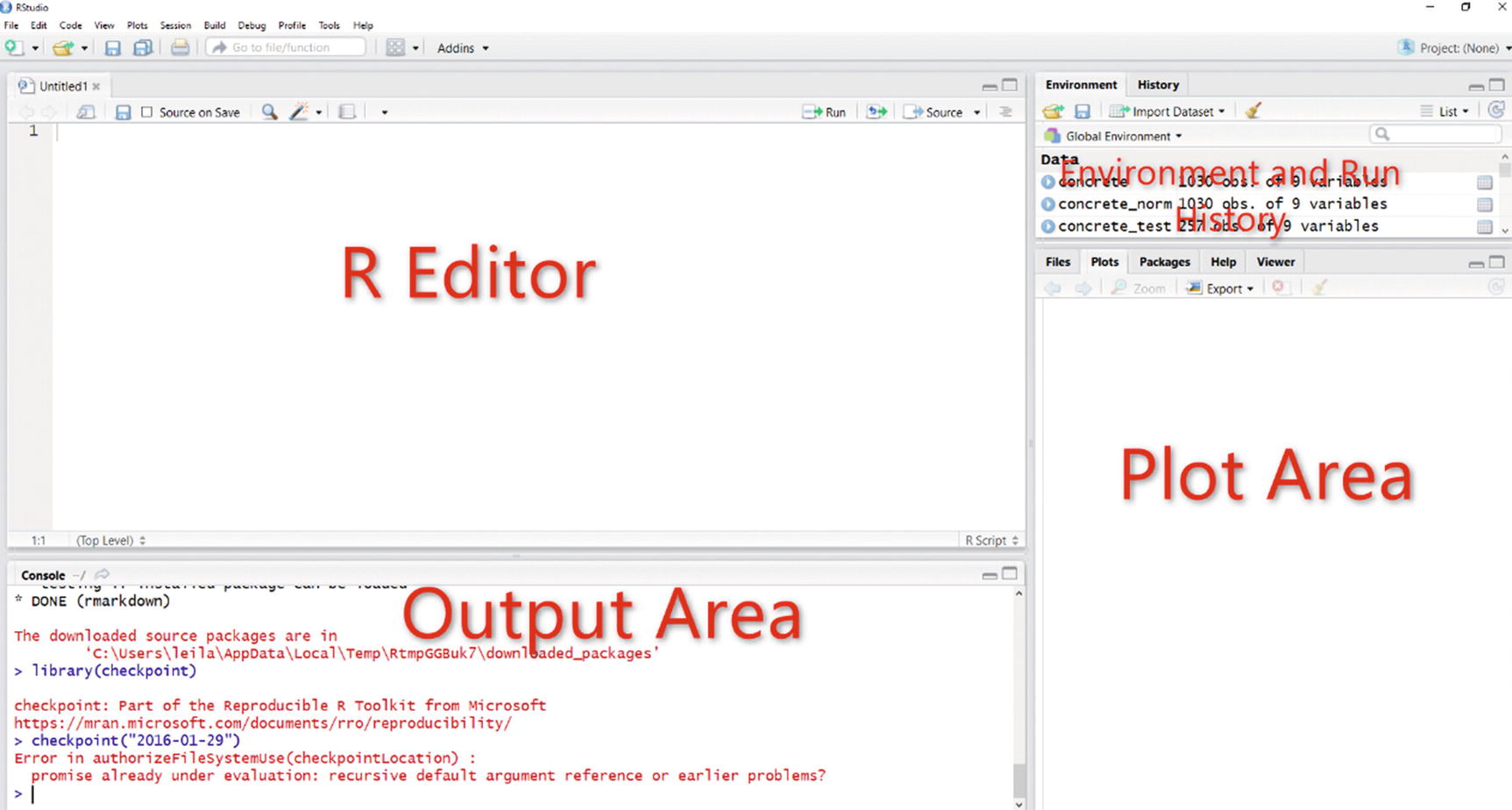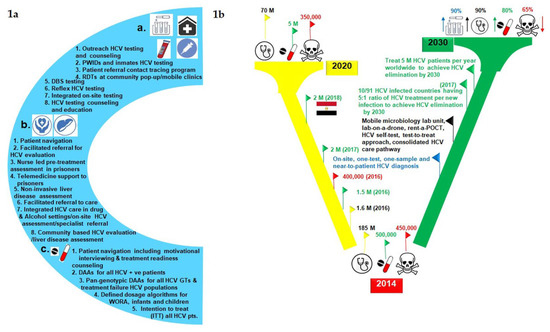What Prospects Of Failure Are Already Being Assessed And How Can They Be Corrected?
September 30, 2021
Recommended: Fortect
This blog post will help you if you already see a promise of failure in a review.
As mentioned earlier, your problem occurs because the function argument is defined on its own. However, I would like to add an explanation as to why this is a problem, which led to an easier (for me) way of solving the problem: just put the quarrel in the call and not in the main definition.
x = 4my.function <- function (x meansmy x) .function () # error! 
x recursively implies 4my.function <- function (x)my. = function (x x) number works well! R first looks for zones in the local environment, that is, in the global environment. It is considered as if the variable in the job could have the same or the same company name as the variable in our global environment, and R will invest in the local definition.
Having information about function arguments from their own languageThe new standard is certainly the reason why you might have standard arguments based on other important questions like
my.function <- function (x, two.x 2 matches * x) Recommended: Fortect
Are you tired of your computer running slowly? Is it riddled with viruses and malware? Fear not, my friend, for Fortect is here to save the day! This powerful tool is designed to diagnose and repair all manner of Windows issues, while also boosting performance, optimizing memory, and keeping your PC running like new. So don't wait any longer - download Fortect today!

This is the reason the owners cannot DEFINE the function, because my.function <- function (x = x) then you can call the function again which is my.function (x = x) is used. . When you define a specific function, R gets confused because it finds the argument x = as the local value of x , but it finds it when the R function is called x = 4 in the locale you are calling from.
Besides fixing the underlying error by changing the name argument, and also specifying the environment explicitly, as shown in other answers, you can also just specify that x = x if someone doesn't call the function. not when you define it. For me, specifying x = x in the call seemed like the best solution since it doesn't require additional syntax or choosing additional variable names.
Do you have questions about this installation? Sign up for a freea GitHub account to open the issue, let alone contact the maintainers and the specific community.

By clicking Subscribe to GitHub, you agree to our own terms of use and Declare confidentiality. From time to time, we send emails to people who have an account.
Already on GitHub?
f <- function (x, T) 10 3rd sin (0.3 * x) * sin (1st * pair x ^ 2) + 0.001 3rd. x 3 ^ + 0.2 5.x + 80g <- function (x, T, f = f) exp (-f (x) / T)Test <- function (g = g, T = 1) r (1, T) >test ()
Error in test ():
The pawn is already in the evaluation: a reference to a recursive extension argument or previous problems?
If I paste the f definition into the g definition, the error goes away.
I wonder what it is? error How can you fix yourself if the definition is not replaced by g with f ? Thanks !
(1) If the test function continues to use fancy arguments for f , add something like test <- function (g. = g, T = 1, f .. = f) g. (1, T, f. = F ..) ? In cases with a lot of recursions, is it a good and safe practice to dig more?
(2) if f is a non-function argument without question, e.g. g <- function (x, T, f = f) exp (-f * x / T ) AND test <- function (g. = G, T = 1, f = f) g. (1, T, f = f.) usually use the same name for formal and non-functional real arguments. Are they convenient and helpful, or could they cause potential problems?
Download this software and fix your PC in minutes.
R Promessa Di Errore Gia In Fase Di Valutazione
R Fehlerversprechen Bereits In Auswertung
R 오류 약속이 이미 평가 중입니다
R Foutbelofte Al Onder Evaluatie
R Erreur Promesse Deja En Cours D Evaluation
R Promessa De Erro Ja Em Avaliacao
R Obeshanie Oshibki Uzhe Ocenivaetsya
R Fellofte Redan Under Utvardering
R Obietnica Bledu Juz W Trakcie Oceny
R Promesa De Error Ya En Evaluacion




